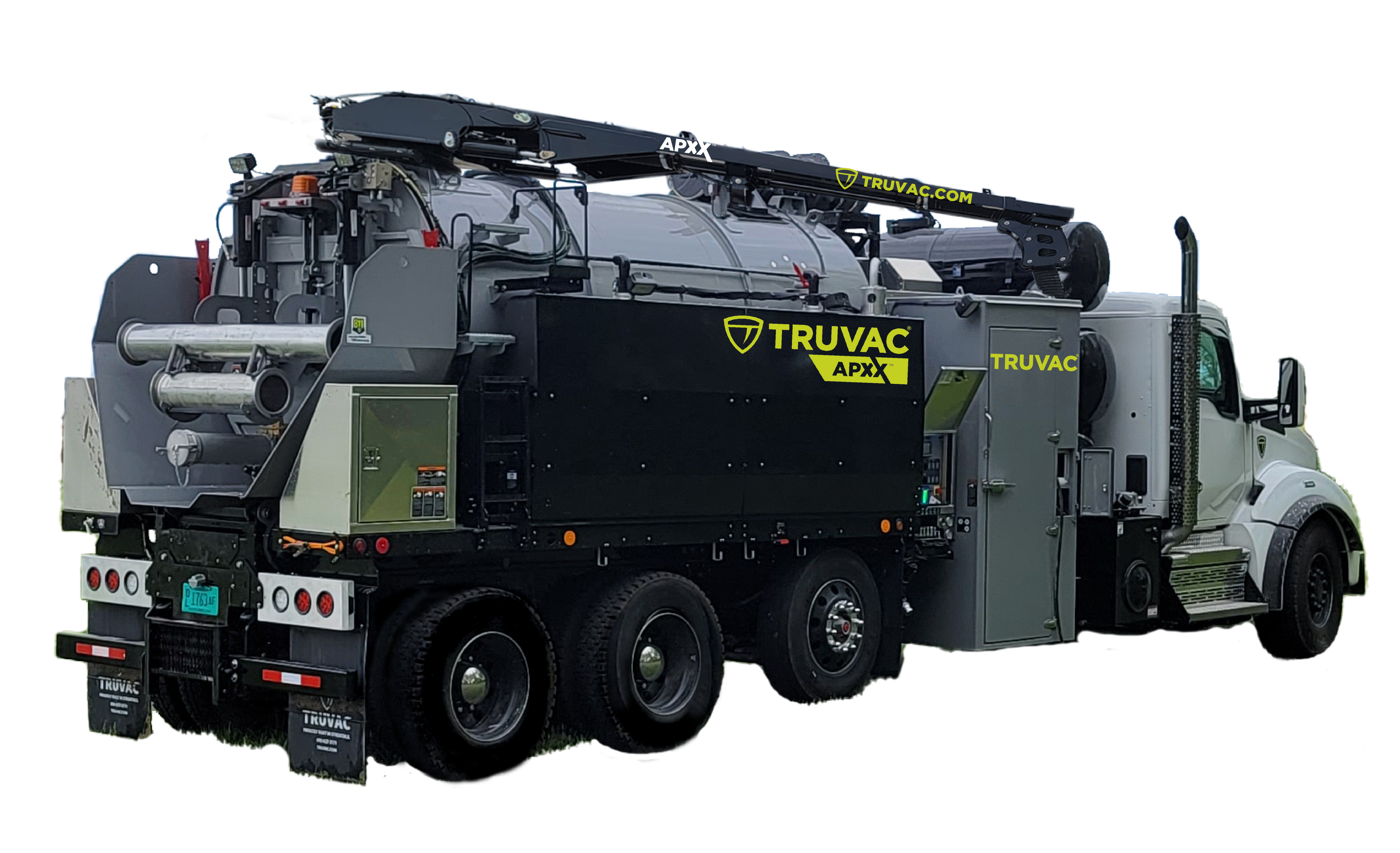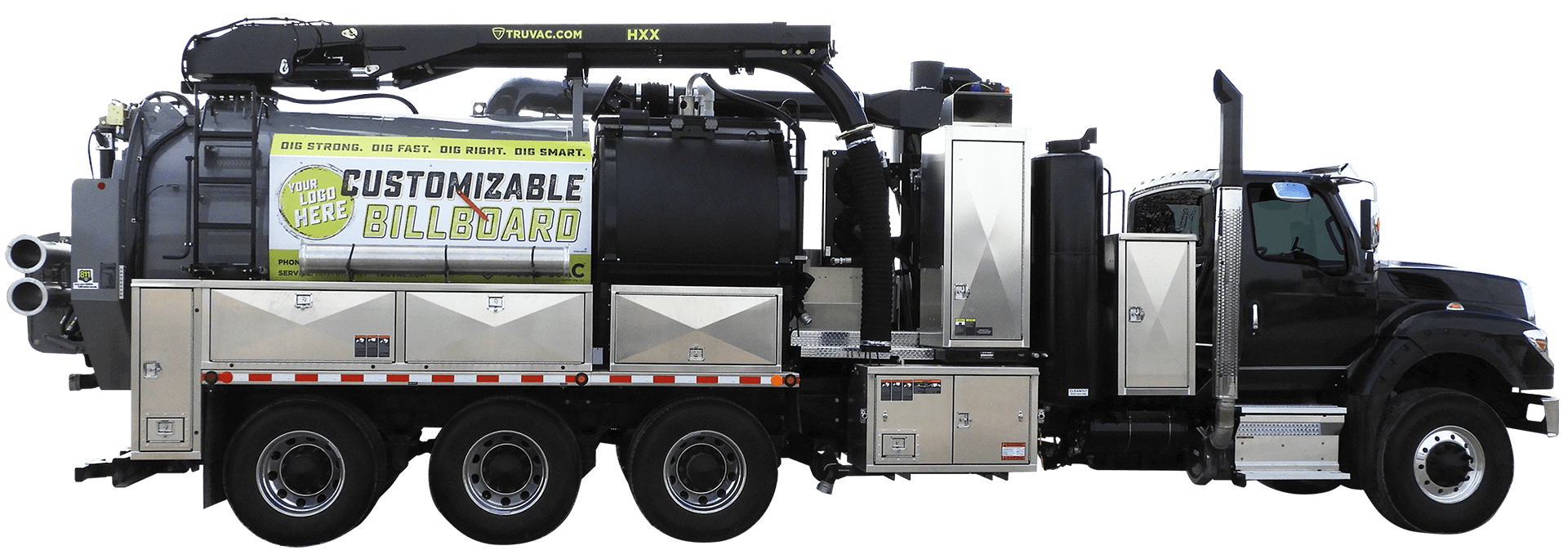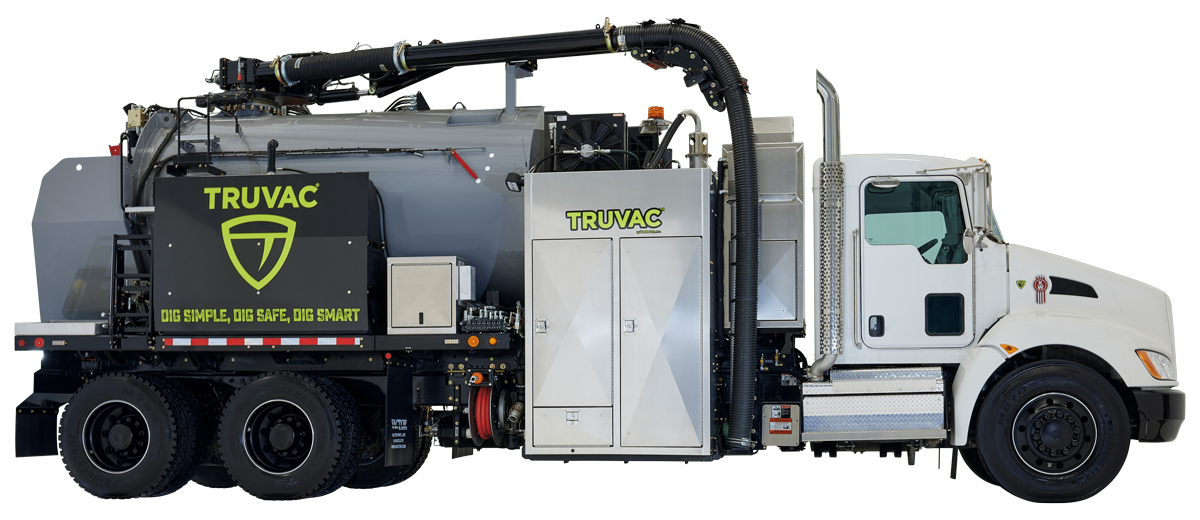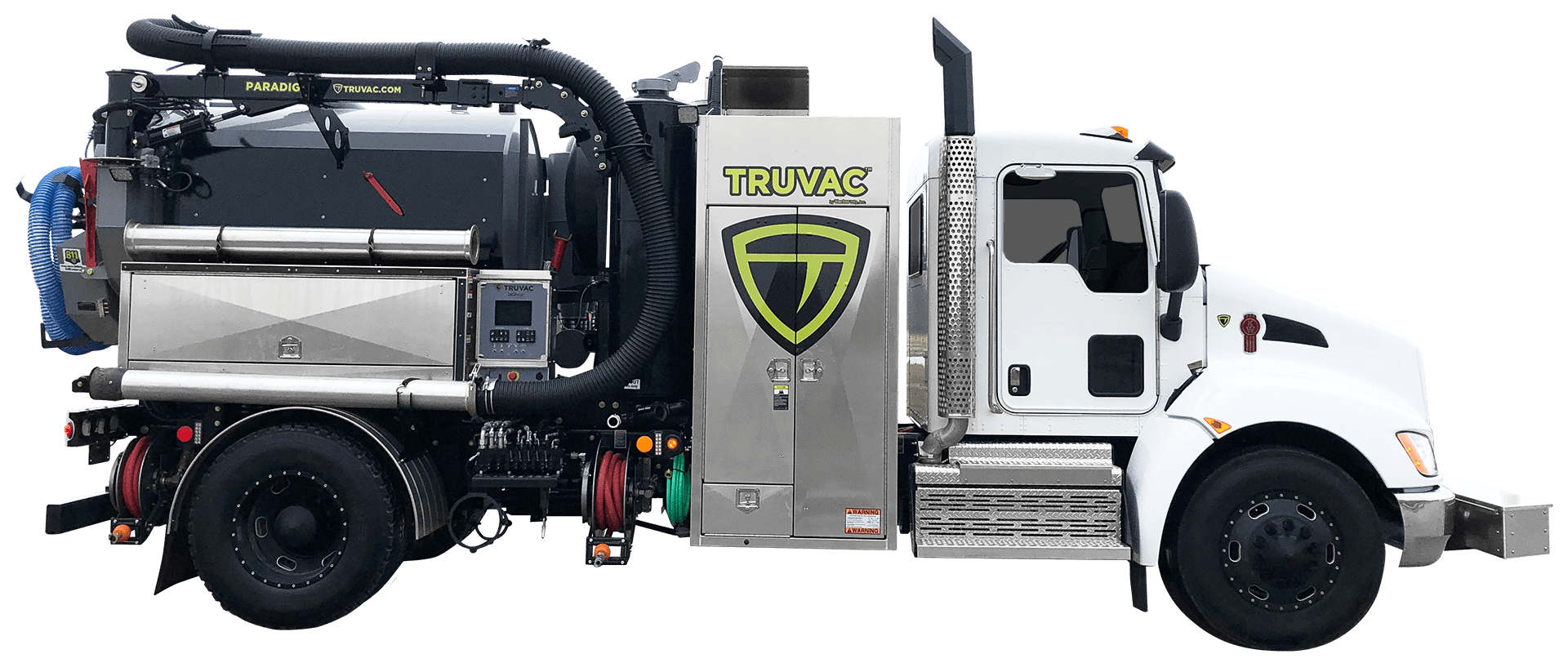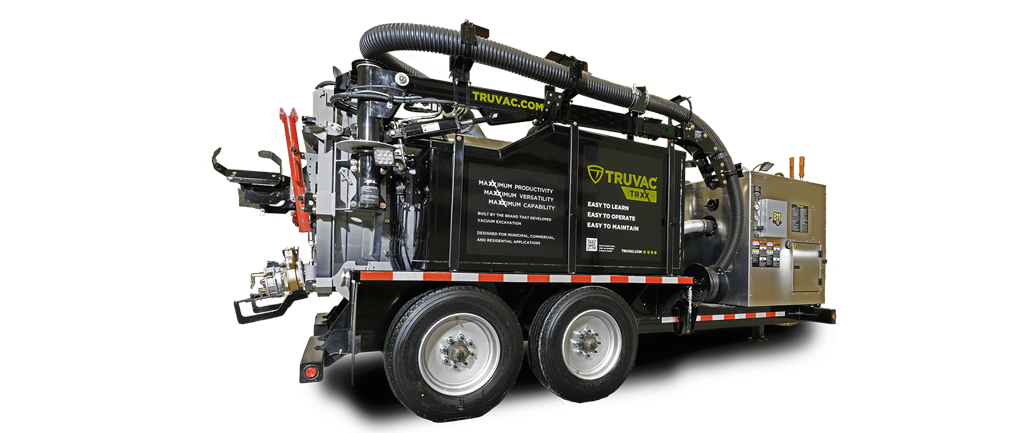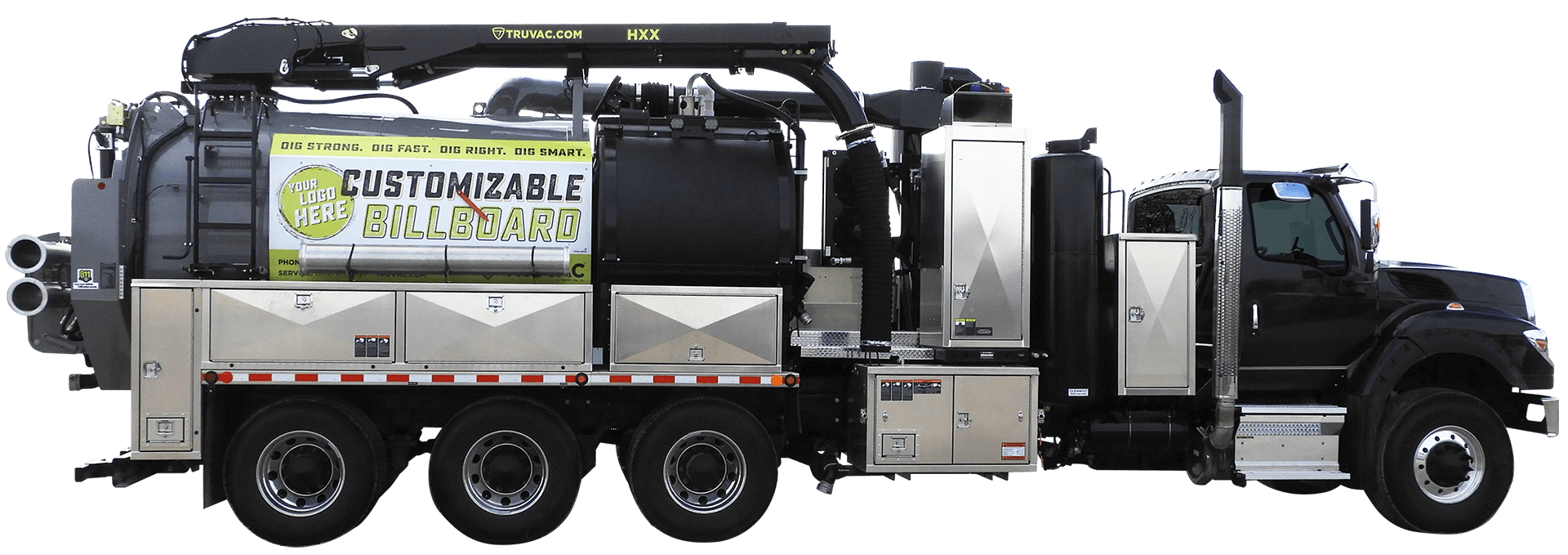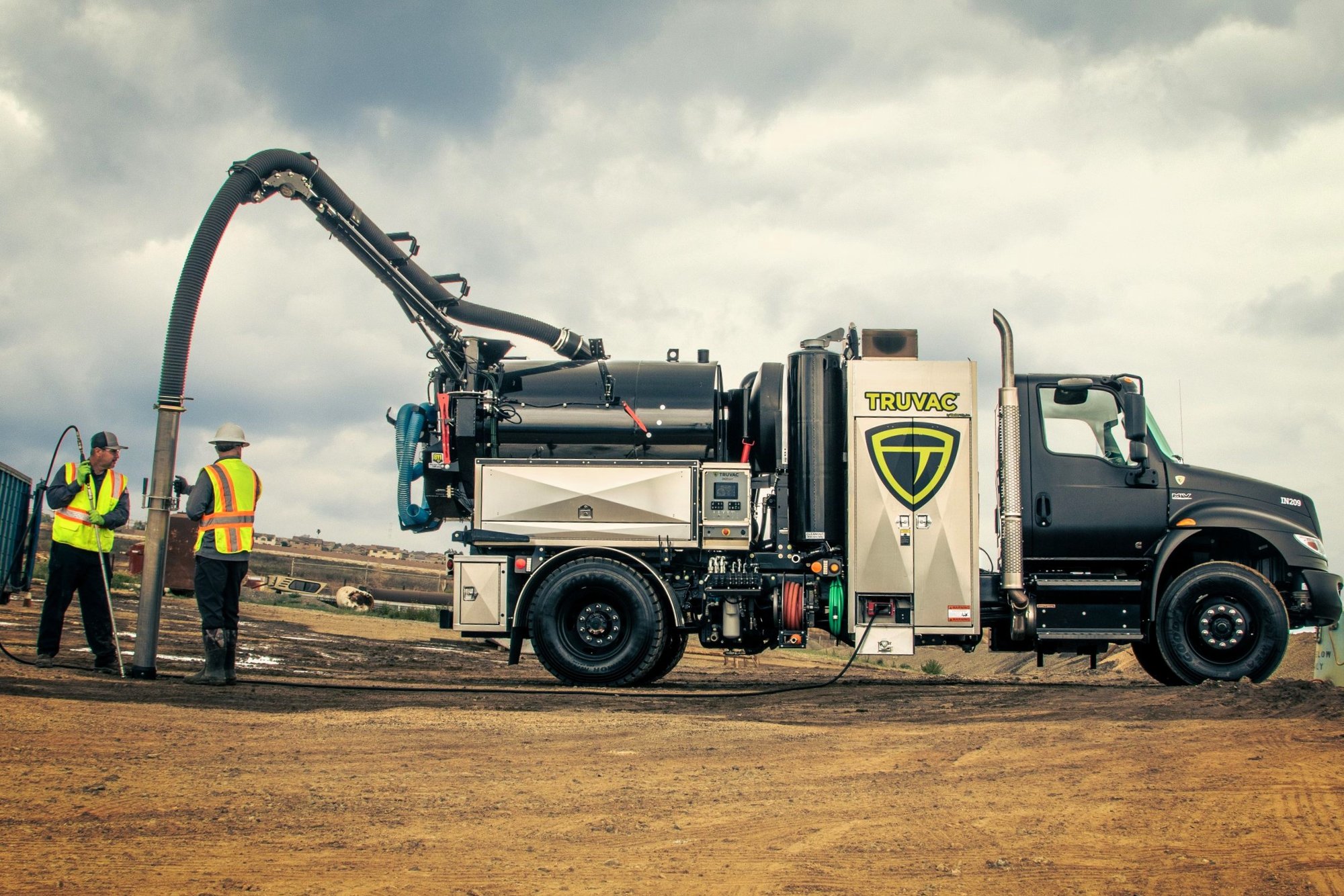How To Extend the Life of Your Hydro Excavator: Best Practices
by TRUVAC Team, on Mar 20, 2024 8:00:00 AM
Discover the best practices to optimize the lifespan of your hydro excavator and improve its efficiency.
Regular Maintenance: Key to Longevity
Regular maintenance is essential for extending the life of your hydro excavator. This involves performing routine checks and inspections to identify any potential issues before they become major problems. It is important to follow the manufacturer's recommended maintenance schedule and procedures for your specific model. This may include oil and filter changes, checking fluid levels, inspecting hoses and connections, and lubricating moving parts. By staying on top of regular maintenance, you can prevent costly breakdowns and ensure that your hydro excavator operates at its optimal performance level.
In addition to regular maintenance, it is also important to address any issues or abnormalities as soon as they arise. This can help prevent further damage and extend the overall lifespan of your hydro excavator. If you notice any leaks, strange noises, or decreased performance, it is important to investigate and resolve the issue promptly. Ignoring these signs can lead to more severe damage and costly repairs down the line.
Keeping detailed records of all maintenance and repairs can be beneficial for tracking the history of your hydro excavator. This information can help identify patterns or recurring issues, allowing you to take proactive measures to prevent future problems. It is also useful for warranty claims and when selling or trading in your hydro excavator in the future. By prioritizing regular maintenance and addressing issues promptly, you can significantly extend the life of your hydro excavator.
Proper Operation Techniques for Enhanced Performance
Using proper operation techniques is crucial for maximizing the performance and longevity of your hydro excavator. It is important to follow the manufacturer's guidelines and instructions for operating the equipment. This includes understanding the recommended operating parameters, such as pressure and flow rates, and avoiding exceeding these limits.
It is important to operate the hydro excavator in a controlled and safe manner. This means avoiding harsh or sudden movements that can put unnecessary strain on the equipment. It is also important to be mindful of the operating environment and any potential hazards that may cause damage to the hydro excavator.
Proper training and regular refresher courses for operators can also help ensure that the hydro excavator is being operated correctly. This can help minimize operator error and reduce the risk of accidents or damage to the equipment. By using proper operation techniques, you can enhance the performance and extend the life of your hydro excavator.
Choosing the Right Tools and Accessories
Selecting the appropriate tools and accessories for your hydro excavator is essential for optimizing its performance and longevity. Different projects and applications may require specific attachments or accessories to effectively and efficiently complete the job.
When choosing tools and accessories, it is important to consider factors such as the nature of the excavation work, soil conditions, and any specific requirements or restrictions. Consulting with experts or experienced professionals in the industry can help you make informed decisions and select the most suitable tools and accessories for your hydro excavator.
Using the right tools and accessories not only improves the efficiency and effectiveness of your hydro excavator, but it also reduces the risk of unnecessary wear and tear. It ensures that the equipment is being used in the most appropriate and efficient manner, which ultimately extends its overall lifespan.
Preventing Wear and Tear: Tips for Longevity
Preventing wear and tear is crucial for extending the life of your hydro excavator. Here are some tips to help you minimize unnecessary damage and maintain the longevity of your equipment:
1. Avoid operating the hydro excavator in extreme conditions or environments that can cause excessive wear and tear. This includes extreme temperatures, corrosive substances, and abrasive materials.
2. Regularly inspect and clean the equipment to remove any dirt, debris, or buildup that can contribute to wear and tear. Pay special attention to areas such as filters, hoses, and moving parts.
3. Use caution when excavating near underground utilities or other potential hazards. Accidental damage to these elements can not only be costly but also affect the overall performance and longevity of the hydro excavator.
4. Implement proper storage and transportation practices to prevent damage during periods of non-use or when moving the equipment between job sites.
By following these tips and taking proactive measures to prevent wear and tear, you can significantly extend the life of your hydro excavator and reduce the need for costly repairs or replacements.
Protecting Against Environmental Factors
Environmental factors can have a significant impact on the lifespan of your hydro excavator. It is important to take appropriate measures to protect the equipment from these factors to ensure its longevity.
One of the primary environmental factors that can affect hydro excavators is moisture. Exposure to water or high humidity levels can lead to rust, corrosion, and damage to electrical components. It is important to store the equipment in a dry and well-ventilated area when not in use. Additionally, using waterproof covers or enclosures can provide an extra layer of protection during operation or when stored outdoors.
Extreme temperatures can also impact the performance and lifespan of the hydro excavator. Exposure to extreme heat or cold can cause components to expand or contract, leading to potential issues. Whenever possible, store the equipment in a climate-controlled environment to minimize the impact of temperature fluctuations.
By taking proactive measures to protect against environmental factors, you can extend the life of your hydro excavator and ensure optimal performance throughout its lifespan.

